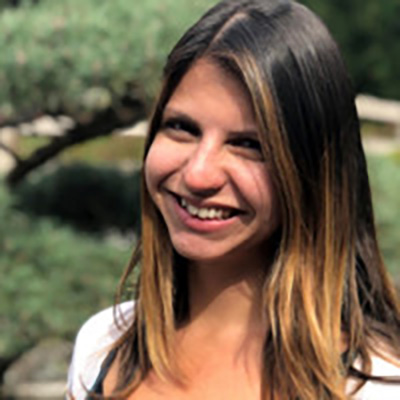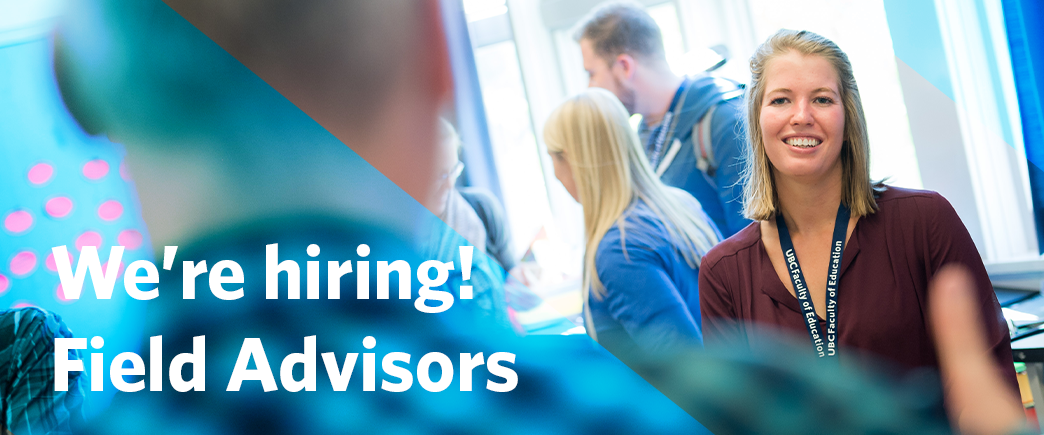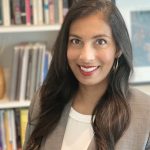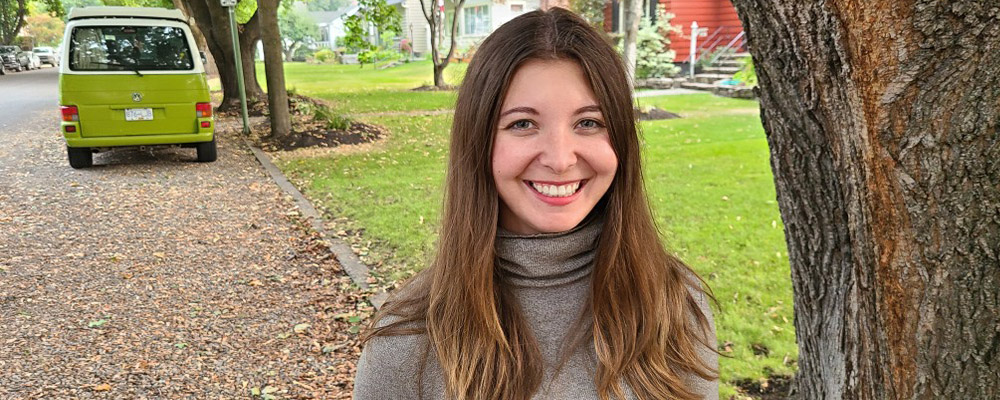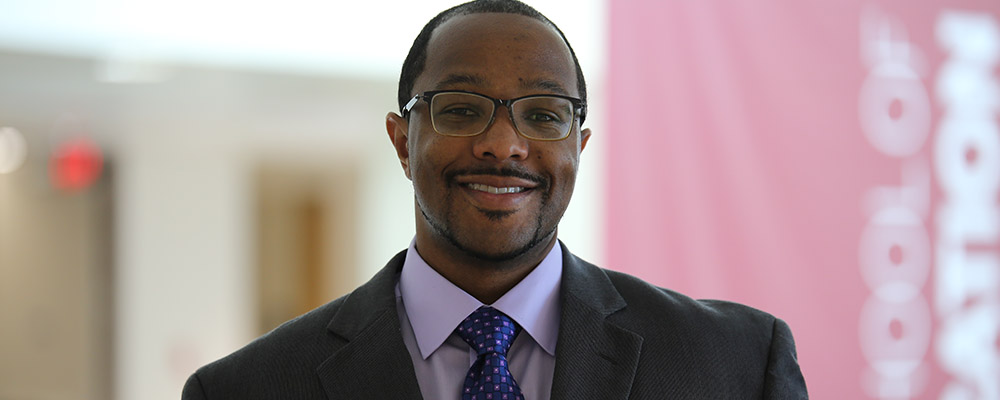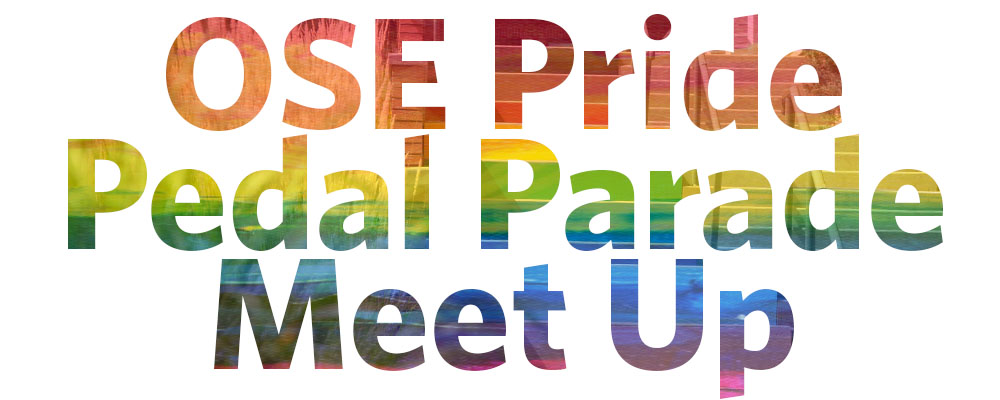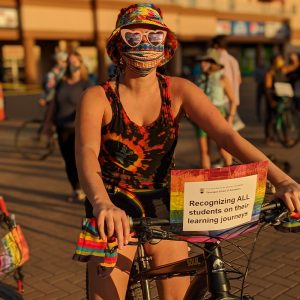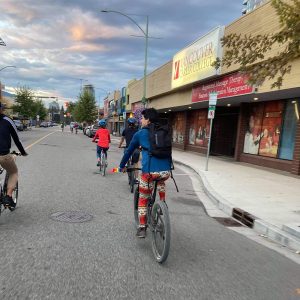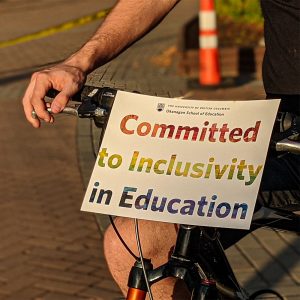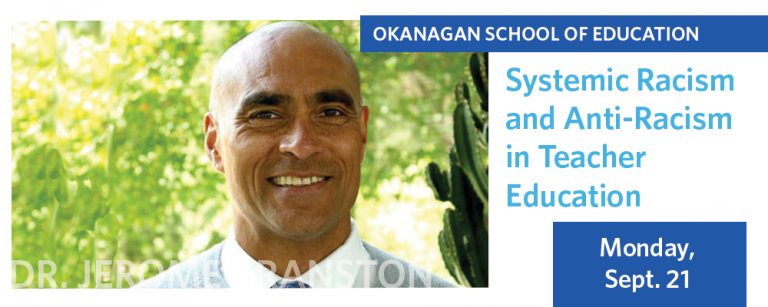This event has now passed, you can watch the webinar on our YouTube channel.
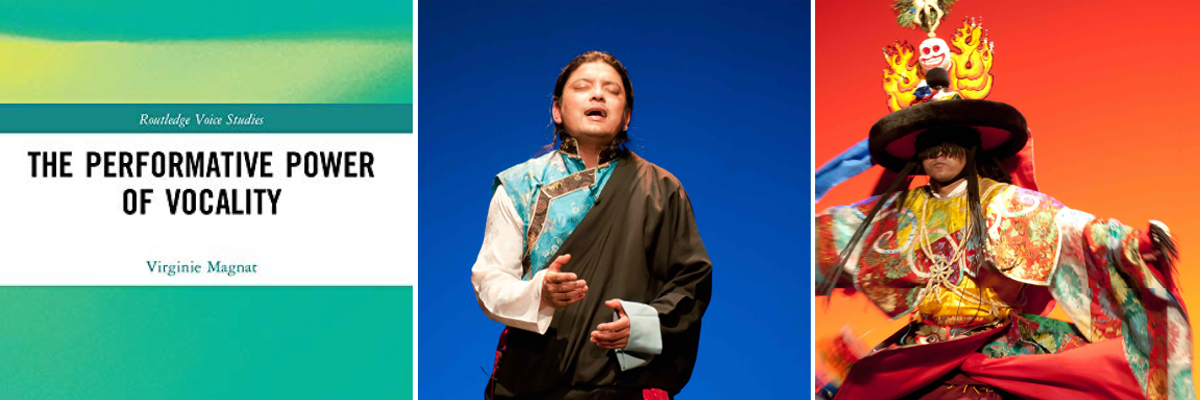
The Center for Mindful Engagement is hosting a book launch for Dr. Virginie Magnat, and an Eminence Cluster of Research Webinar on Culture, Creativity and Health.
Thursday, Dec. 3
11 a.m. to 12:30 p.m. PST
Via Zoom
Cluster Activities Webinar
This presentation focuses on projects developed by members of the UBC funded “Culture, Creativity, Health and Wellbeing” Research Cluster. These projects honour diverse forms of knowledge and experiences; promote intergenerational and cross-cultural community connectivity; and valorize the contributions of those who have traditionally been marginalized or excluded from health-related arts-based qualitative research.
Hosted by Karen Ragoonden, Director, Centre for Mindful Engagement
Presenters
Virginie Magnat, PhD
Associate Professor, Faculty of Creative and Critical Studies, UBCO
Vicki Kelly, PhD
Associate Professor, Faculty of Education, Simon Fraser University
Nathalie Gauthard, PhD
Professor, Department of Performance Studies, University of Artois
The Performative Power of Vocality, Dr. Virginie Magnat
Addressed to qualitative researchers, artist-scholars, and activists committed to decolonization, cultural revitalization, and social justice, The Performative Power of Vocality (Routledge 2020) asks how experiencing resonance as relationality and reciprocity might strengthen relationship to our community and our natural environment, enhance health and well-being, reconnect us to our cultural heritage, and foster intercultural understanding and social justice. I consider vocality from the multiplicity of perspectives offered by Indigenous and Western philosophy, sound and voice studies, musicology, ethnomusicology, performance studies, anthropology, sociology, phenomenology, cognitive science, physics, ecology, and biomedicine.
